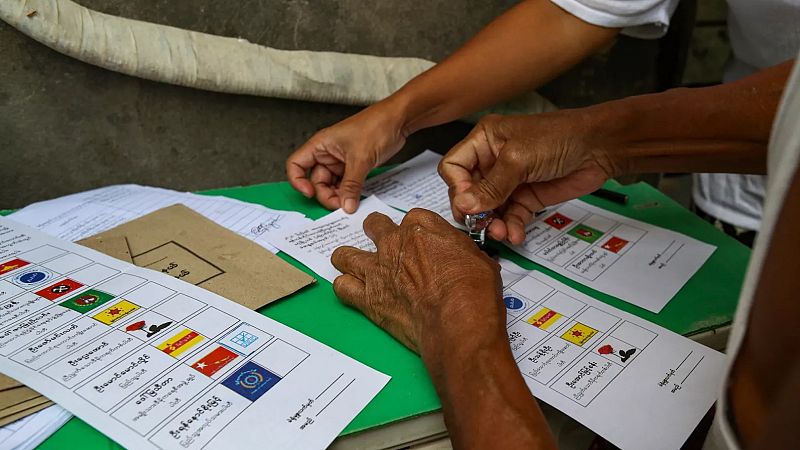
Myanmar's military junta announced on Thursday that it was ending the state of emergency it first declared after seizing power more than four years ago and restructuring its administrative bodies to prepare for elections at the end of the year.
The plans for the polls on an unspecified date in December face serious obstacles, including a civil war raging across most of the country and vows by opponents of military rule to derail the election which they say will be neither free nor fair.
Under the restructuring, the head of the military government, Senior General Min Aung Hlaing, will relinquish two posts but will serve in other positions that keep him at the centre of power.
The joint announcements came as the last of seven consecutive six-month, emergency-rule decrees was set to expire on Thursday at midnight.
The military imposed emergency rule and created new administrative structures after it ousted the elected government of Aung San Suu Kyi in 2021, arresting her and members of her ruling National League for Democracy party.
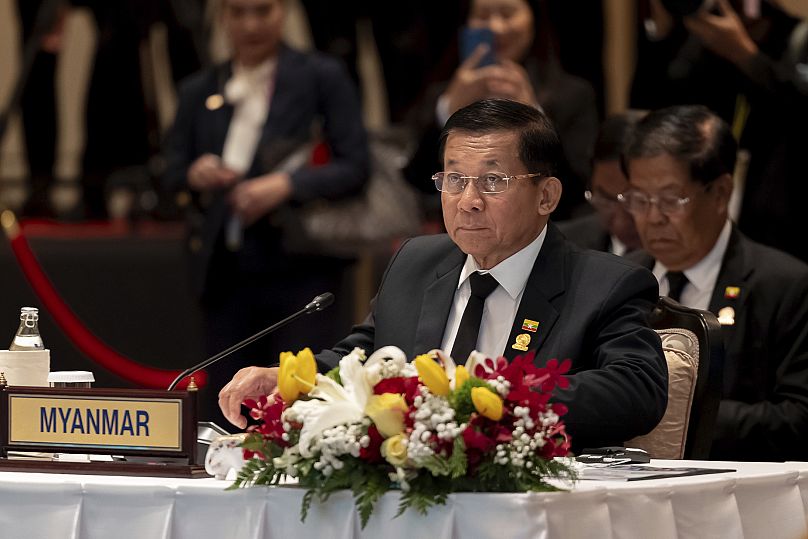
The military claimed Suu Kyi's government failed to address fraud claims in the 2020 election, though independent observers did not find irregularities.
The emergency decree empowered the military to assume all government functions, giving legislative, judicial and executive powers to Min Aung Hlaing as head of the ruling military council, formally called the State Administration Council.
Despite losing his post as chief of the now-dissolved council and relinquishing the job of prime minister to his advisor, General Nyo Saw, Min Aung Hlaing will exercise more influence as Myanmar's acting president with increased authority under the restructuring.
Major General Zaw Min Tun, the military’s spokesperson, said the state of emergency has been lifted to allow the election process to continue.
"Elections will be held within six months after the emergency period is lifted," he said.
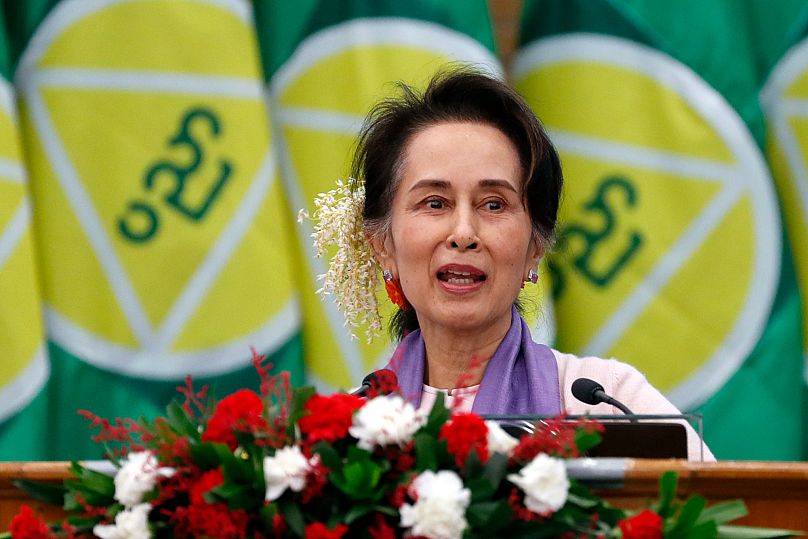
The existing administrative bodies formed after the army takeover, including the State Administration Council, have been dissolved and all government functions have been handed to the National Defence and Security Council, Zaw Min Tun said.
The National Defence and Security Council is nominally a constitutional administrative government body, but in practice is controlled by the military.
Min Aung Hlaing, as acting president, is already its key member.
State-run MRTV television reported the National Defence and Security Council formed a new entity, the State Security and Peace Commission, also to be headed by Min Aung Hlaing, handing him another lever of power.
The army's 2021 takeover was met with widespread peaceful protests that security forces suppressed with lethal force, triggering armed resistance and embroiling the country in a civil war.
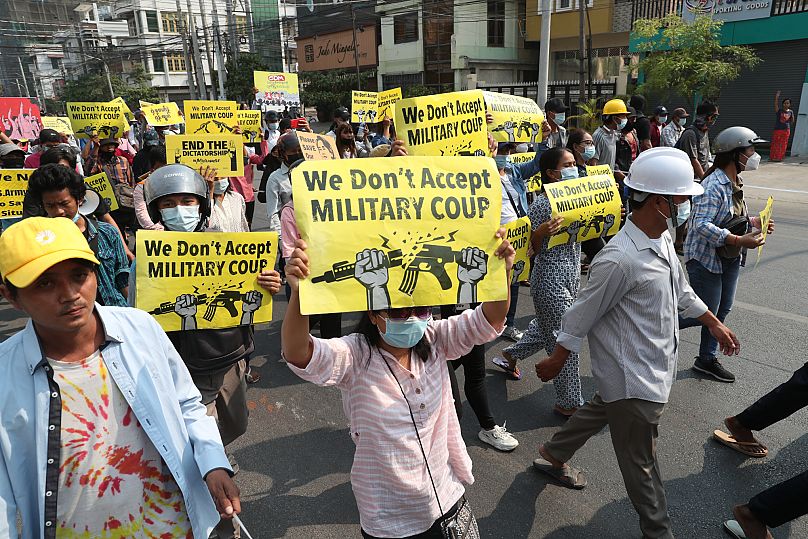
As of Wednesday, 7,013 people have been killed and 29,471 were arrested by the security forces since the takeover, according to tallies kept by the independent Assistance Association for Political Prisoners that the military government has challenged.
Opponents, as well as independent analysts, estimate the army controls less than half the country, but is holding on tenaciously to much of central Myanmar, including the capital, Naypyidaw.
It is accelerating counter-offensives to retake areas controlled by opposition forces ahead of the election.
The military originally announced elections would be held in August 2023, but has repeatedly pushed back the date until recently saying they would take place in December without a specific date.
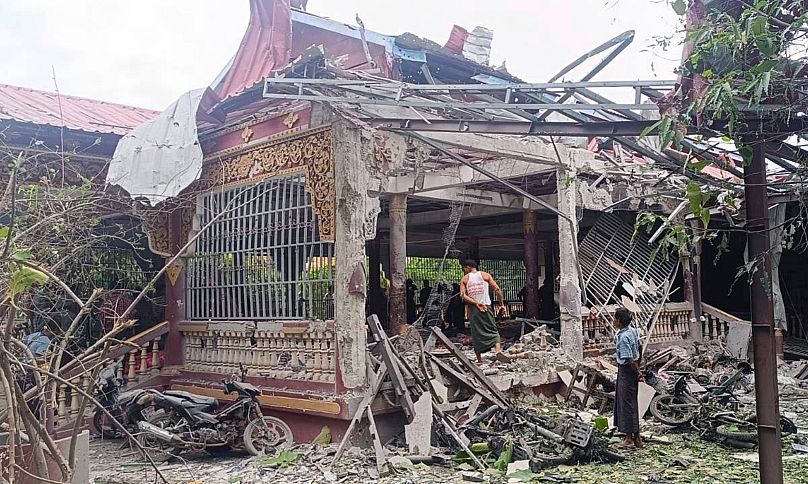
Critics say the elections will not be democratic because there is no free media and most leaders of Suu Kyi's National League for Democracy party have been arrested. The plan is widely seen as an attempt to legitimise and maintain the military's rule.
The National Unity Government, which calls itself the country's legitimate government and serves as an opposition umbrella group, and the powerful ethnic armed groups that have been fighting the central government for greater autonomy have said they would seek to deter the election.
Nay Phone Latt, a National Unity Government spokesperson, said Thursday's actions by the regime could be a preparatory step to create a "fake" election.
"As revolutionary forces, nothing will change in this regard and we will continue to fight until we achieve our goals based on our roadmaps," Nay Phone Latt said.







